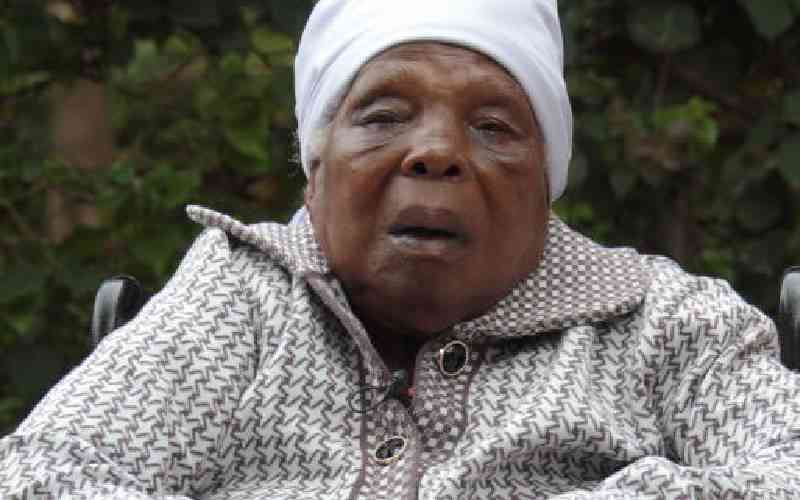×
The Standard e-Paper
Kenya’s Boldest Voice

About three years ago, I visited Mukami Kimathi in Komarock Estate with Kimathi's nephew, the late Nduhiu Wango'mbe.
Her memory was still sharp as she raised the issue of suicides in her native Nyandarua, where most freedom fighters eventually settled after independence.